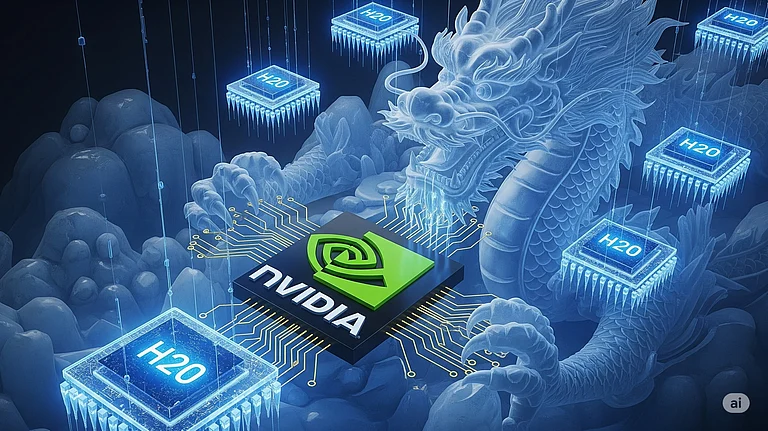
US Commerce Dept revokes "Validated End User" exemptions for China-bound chip equipment.
Affected firms include Samsung, SK Hynix, Intel; export licences now required.
Licences allowed to maintain existing fabs, but upgrades and expansions are blocked.
The US Commerce Department has revoked prior authorisations that allowed Samsung, SK Hynix and other foreign chipmakers to receive US semiconductor-manufacturing equipment in China, Reuters reported.
The move will require the companies to obtain export licences for such shipments and take effect in 120 days.
As per the report, the agency said it will still approve licence applications that enable companies to operate existing fabs in China, but does not intend to grant permissions that would let firms expand capacity or upgrade to more advanced manufacturing technology.
Intel was also listed among firms that lost an earlier exemption, although the company has sold its Dalian unit this year.
Validated End User
The change removes “Validated End User” treatment for the affected units, a status that previously let US suppliers ship gear more easily. That shift is expected to curb equipment sales to China by US suppliers, including KLA, Lam Research and Applied Materials, with those stocks falling in early trade after the announcement.
South Korean officials warned of disruption to the global chip supply chain and said Seoul would press Washington to minimise fallout. SK Hynix said it would work closely with both Korean and US authorities and take necessary steps to limit business impact.
China’s commerce ministry criticised the decision and said it would take measures to protect the legitimate interests of Chinese firms.
Industry analysts said the measure could speed adoption of domestic alternatives in China and benefit non-US suppliers. Chris Miller, author of Chip War, warned that while the policy tightens US controls, it risks creating market space that Chinese equipment makers, and rivals such as Micron in memory chips, could exploit if further steps do not also target Chinese foundries.
China Chip Restrictions
The revocation follows sweeping export controls introduced in 2022 that limit US sales of advanced chipmaking equipment to China. The Commerce Department had previously granted select exemptions to let global fabs continue operating; those temporary allowances have now been rescinded as part of a tighter stance on semiconductor technology transfer.
The decision comes amid a fragile trade truce between Washington and Beijing and recent diplomacy with Seoul.
US officials said in the filing they plan to consider licence requests to avoid immediate operational shocks, but the restrictions make clear that future upgrades and capacity expansions in China using US tech will be far more difficult.
The fate of pending licence applications; follow-up negotiations between South Korea and the US; any Chinese countermeasures; and whether equipment vendors can reroute sales or customers to non-US suppliers while preserving global supply-chain stability.


































